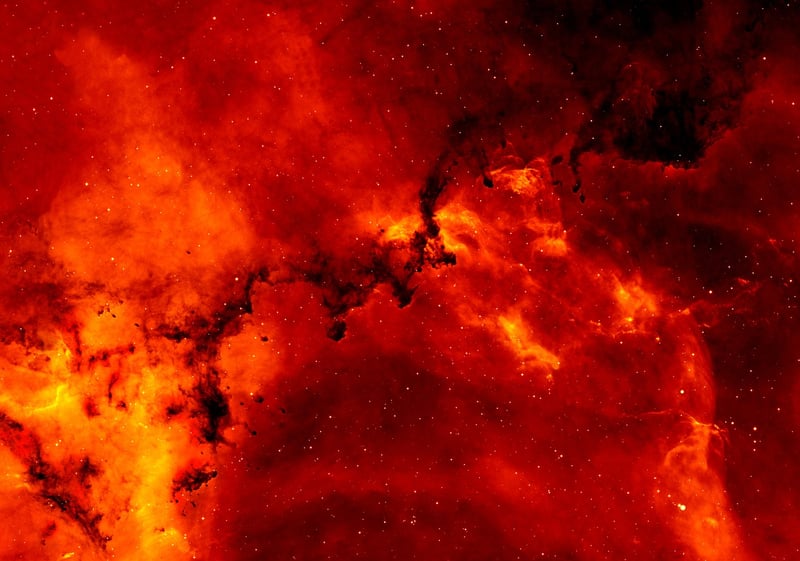Multiverse Theory
Exploring Time-Related Principles and Multiverse Theory
Time-Related Principles
Time is a fundamental concept that governs our daily lives and the universe at large. Understanding time-related principles can provide insight into the nature of existence and the fabric of reality.
The Arrow of Time
The arrow of time refers to the asymmetry of time, where events occur in a particular direction. This principle underlies our perception of past, present, and future, shaping our understanding of causality and the flow of experience.
Time Dilation
Time dilation, a concept from Einstein's theory of relativity, posits that time can pass at different rates depending on the relative motion of observers. This phenomenon has been experimentally verified and has profound implications for space exploration and our understanding of the universe.
Entropy and the Second Law of Thermodynamics
Entropy, a measure of disorder in a system, is intimately connected to the second law of thermodynamics, which states that the total entropy of an isolated system always increases over time. This principle explains why systems tend to evolve towards states of increasing disorder and randomness.
Multiverse Theory
The multiverse theory proposes the existence of multiple universes, each with its own set of physical laws and constants. This intriguing concept has captured the imagination of scientists and science fiction enthusiasts alike, offering a potential explanation for the fine-tuning of our universe and the possibility of parallel realities.
Types of Multiverses
There are several proposed types of multiverses, including the bubble multiverse, the parallel universes of quantum mechanics, and the many-worlds interpretation. Each variant offers a unique perspective on the nature of reality and the vastness of existence beyond our observable universe.
Implications and Controversies
The multiverse theory raises profound questions about the nature of reality, the limits of scientific inquiry, and the concept of anthropic reasoning. While some scientists see it as a compelling framework to explain cosmic mysteries, others criticize it for lacking empirical evidence and testability.
Conclusion
Exploring time-related principles and the multiverse theory opens up a world of wonder and speculation about the nature of time, space, and existence. Whether delving into the intricacies of time dilation or contemplating the vastness of a multiverse teeming with alternate realities, these concepts challenge our understanding of the universe and our place within it.


